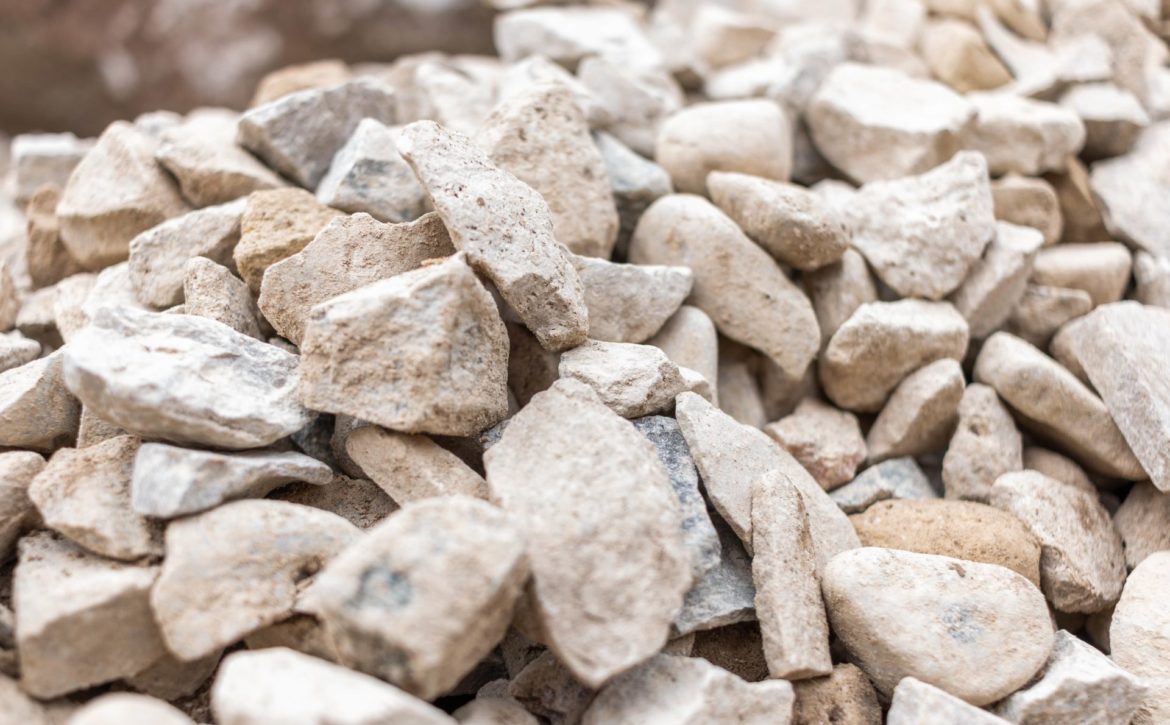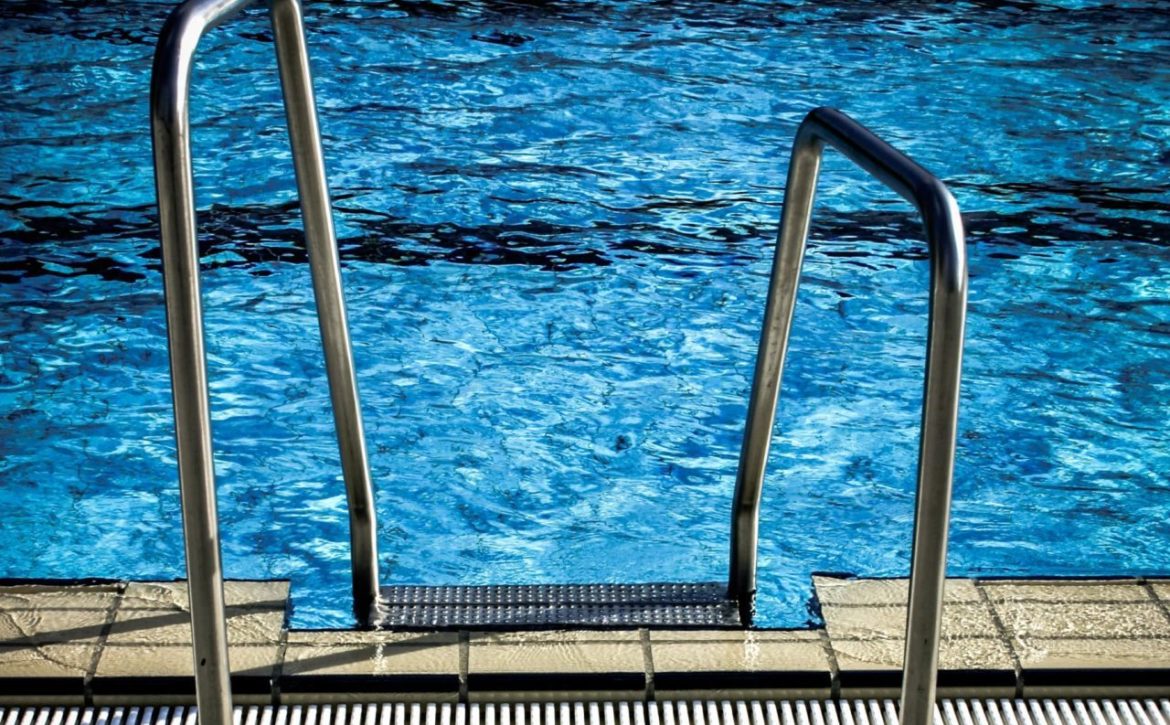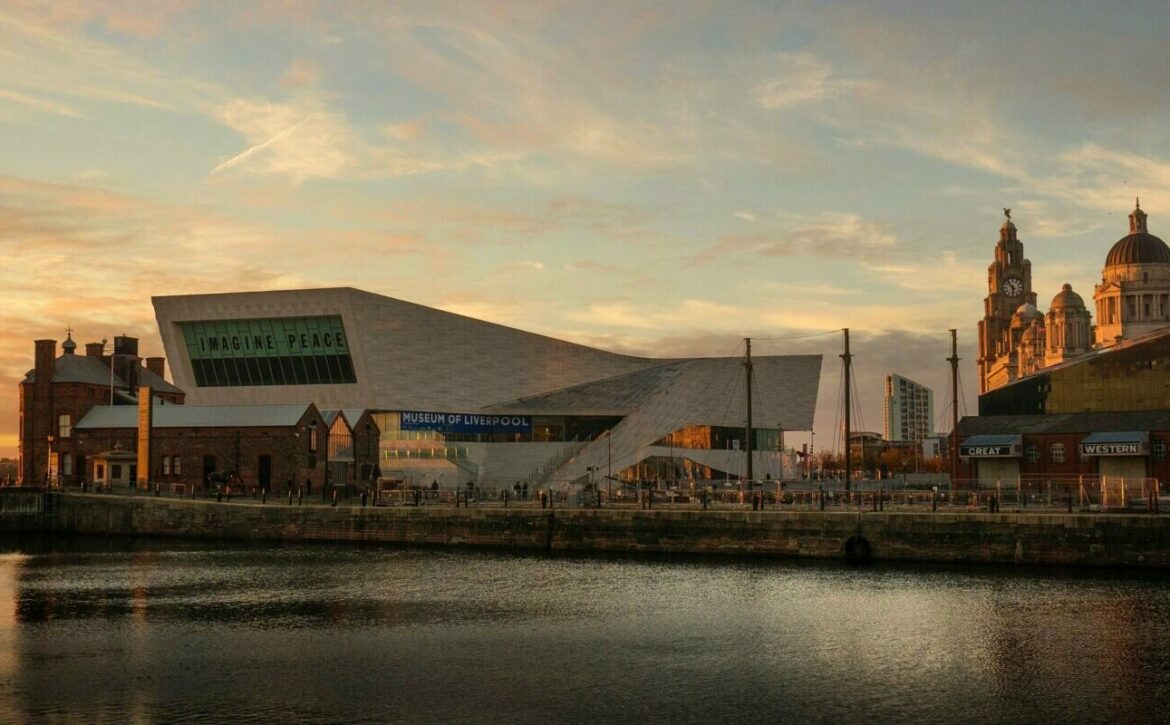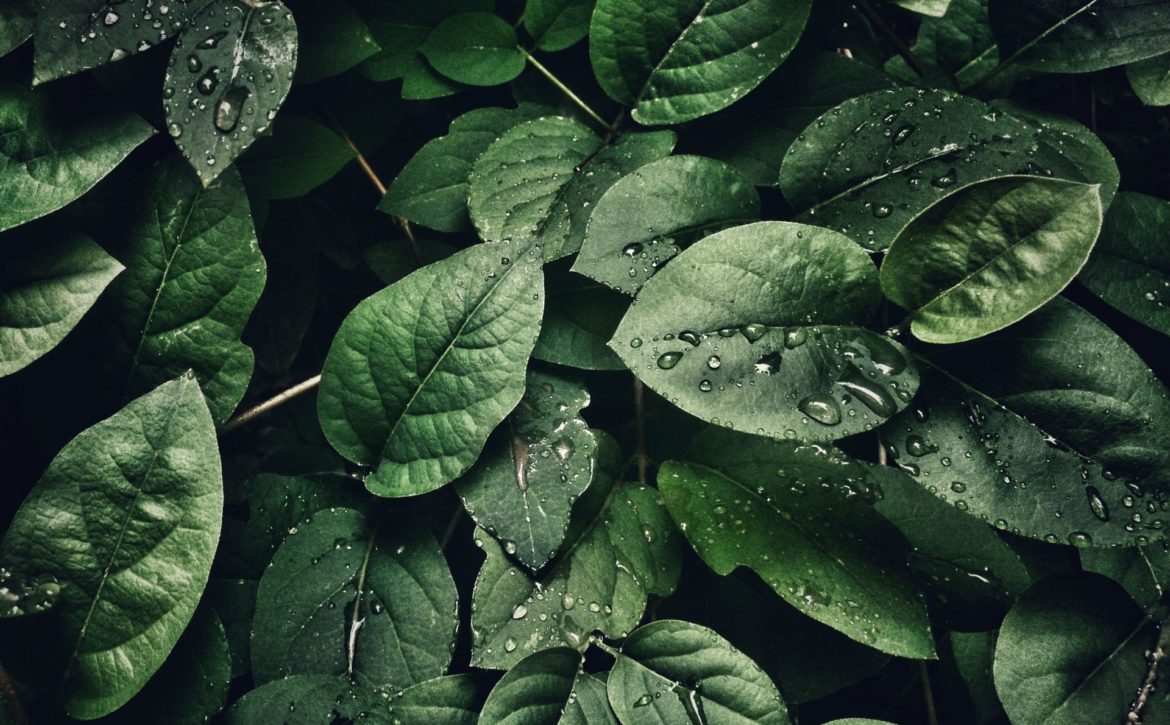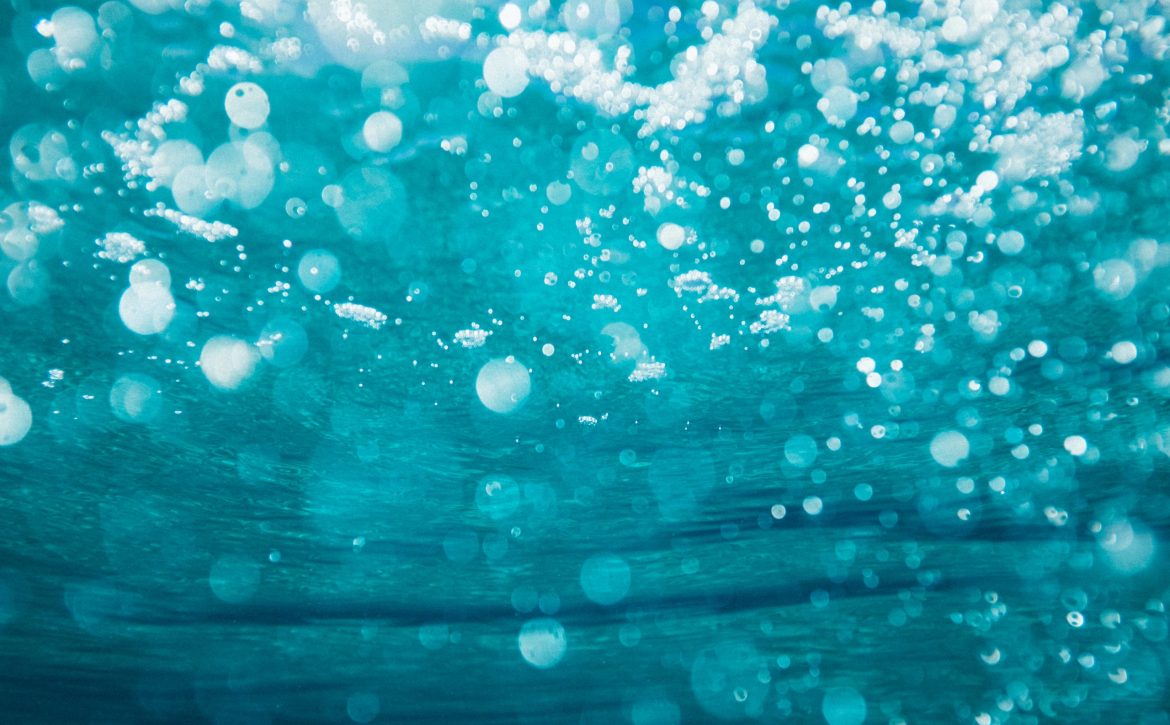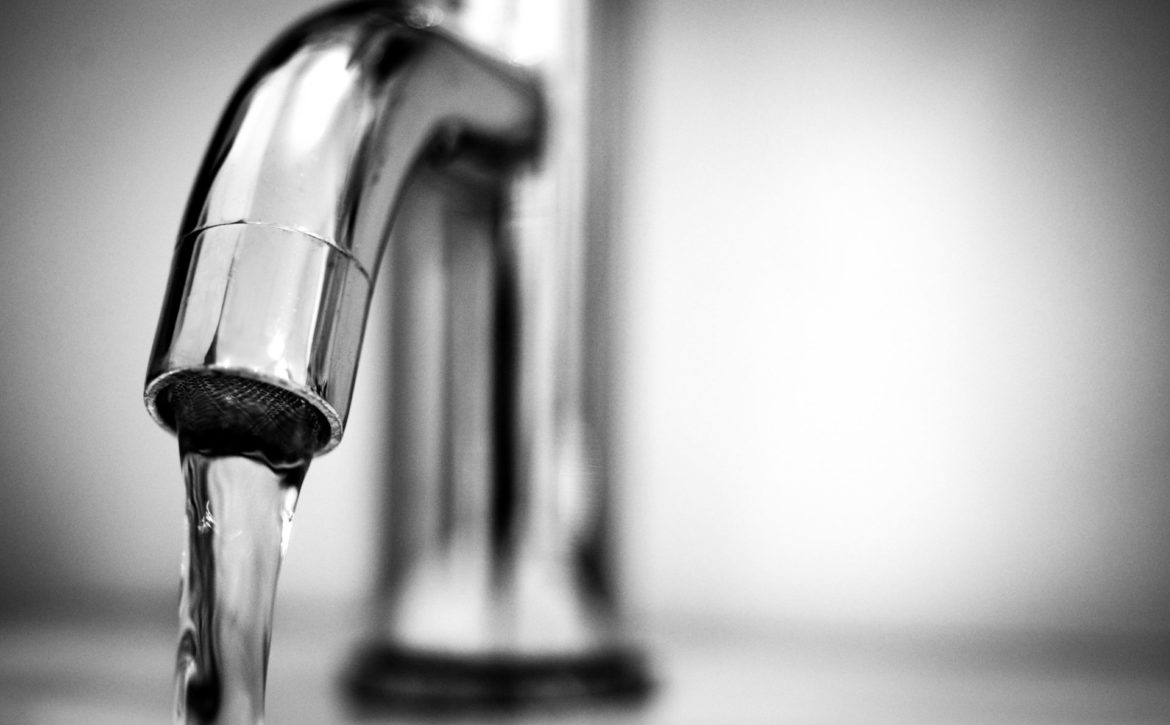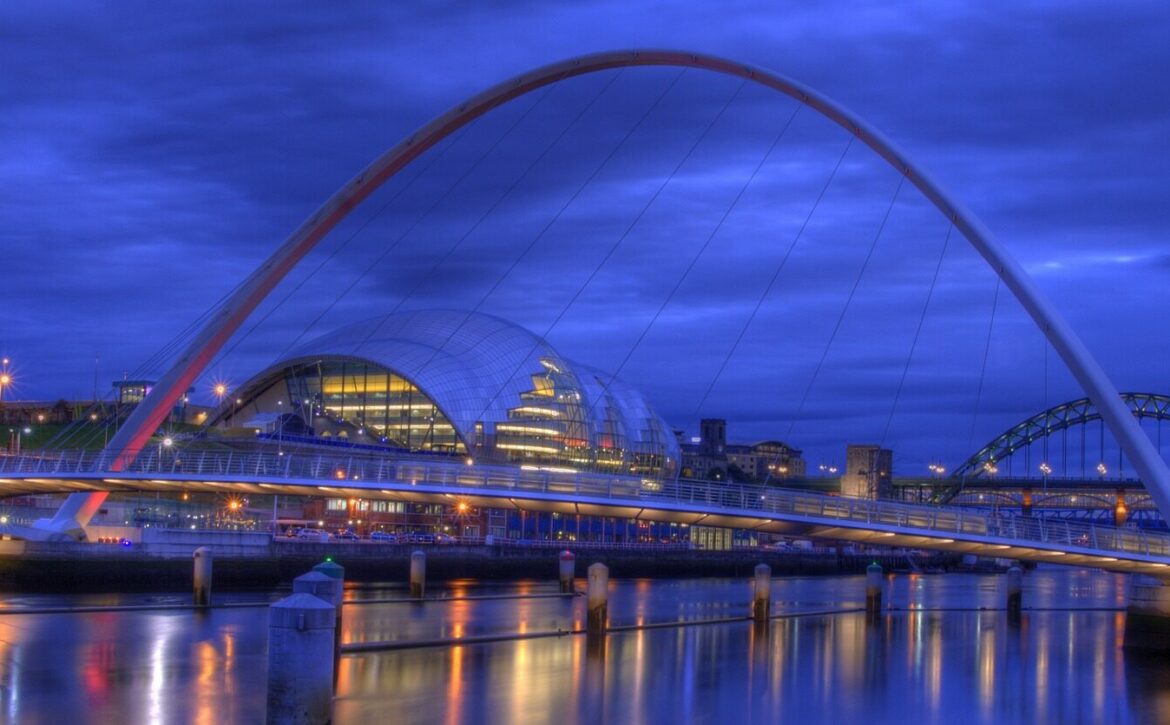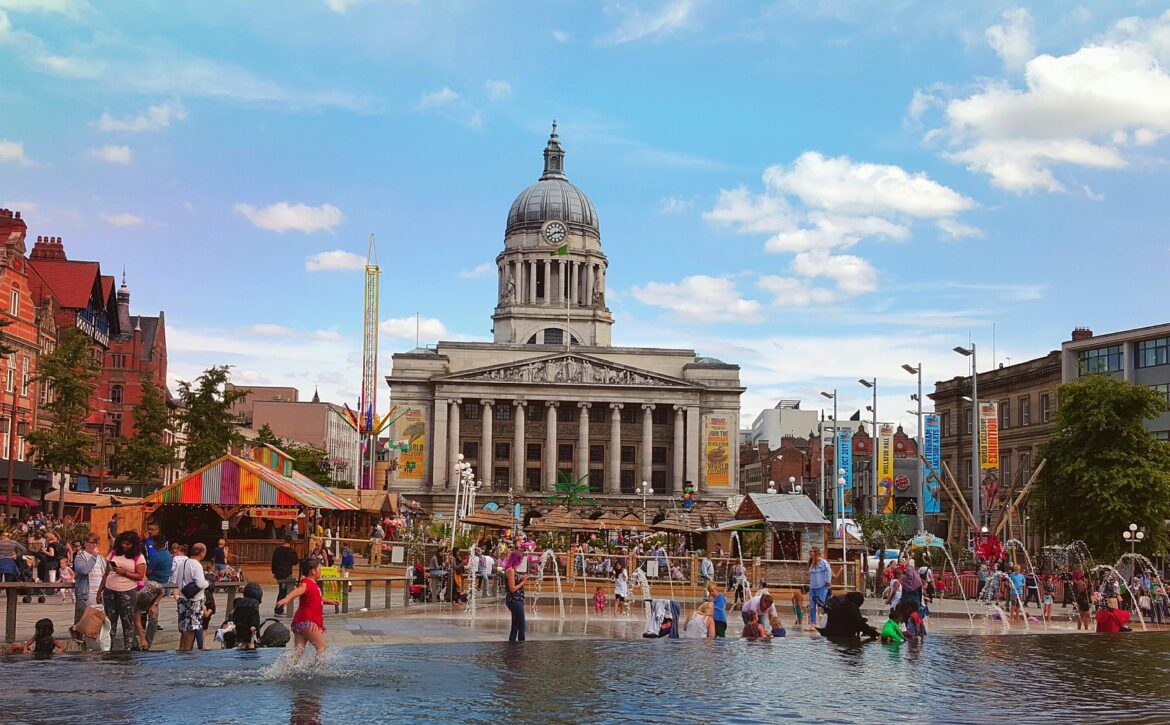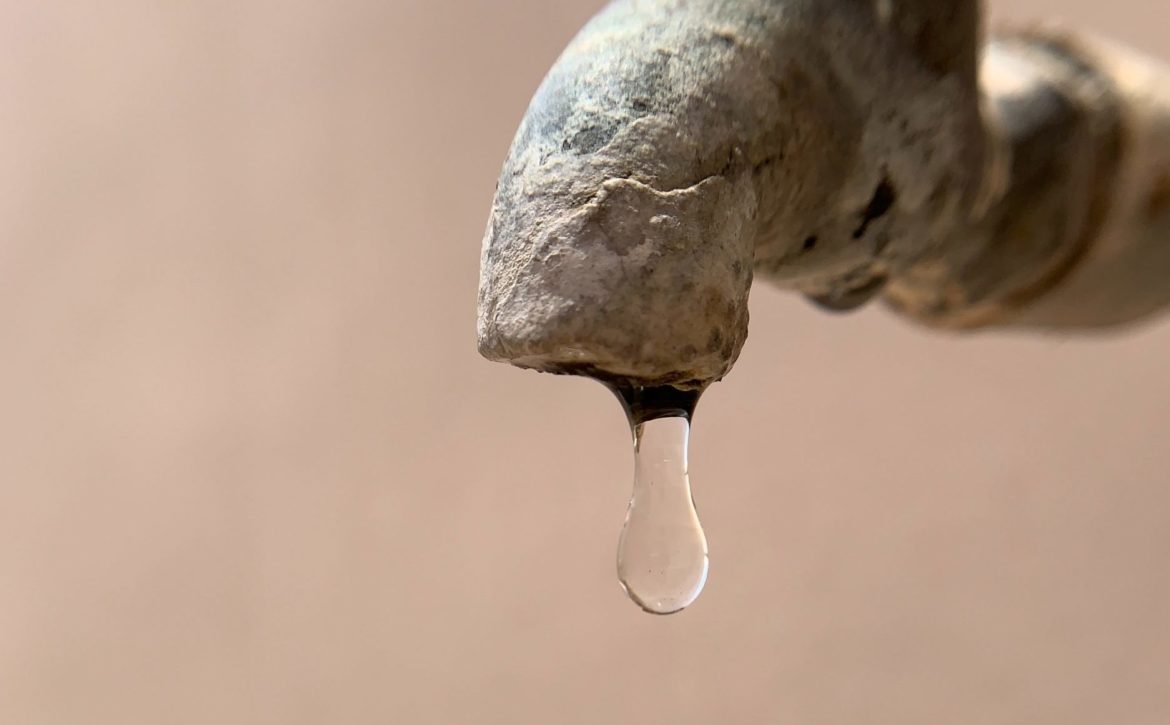What are Hard Water Filters?
Dealing with the problems of hard water can be a real headache. Especially when there are several different and interchangeable names for systems on the market. So what is a hard water filter? Do these systems even exist? If not, then why is the term used? In this article we’ll answer all the above and clarify what the devices on the market are that you’ll want to research when looking for a solution to your limescale issues.
Learn More

